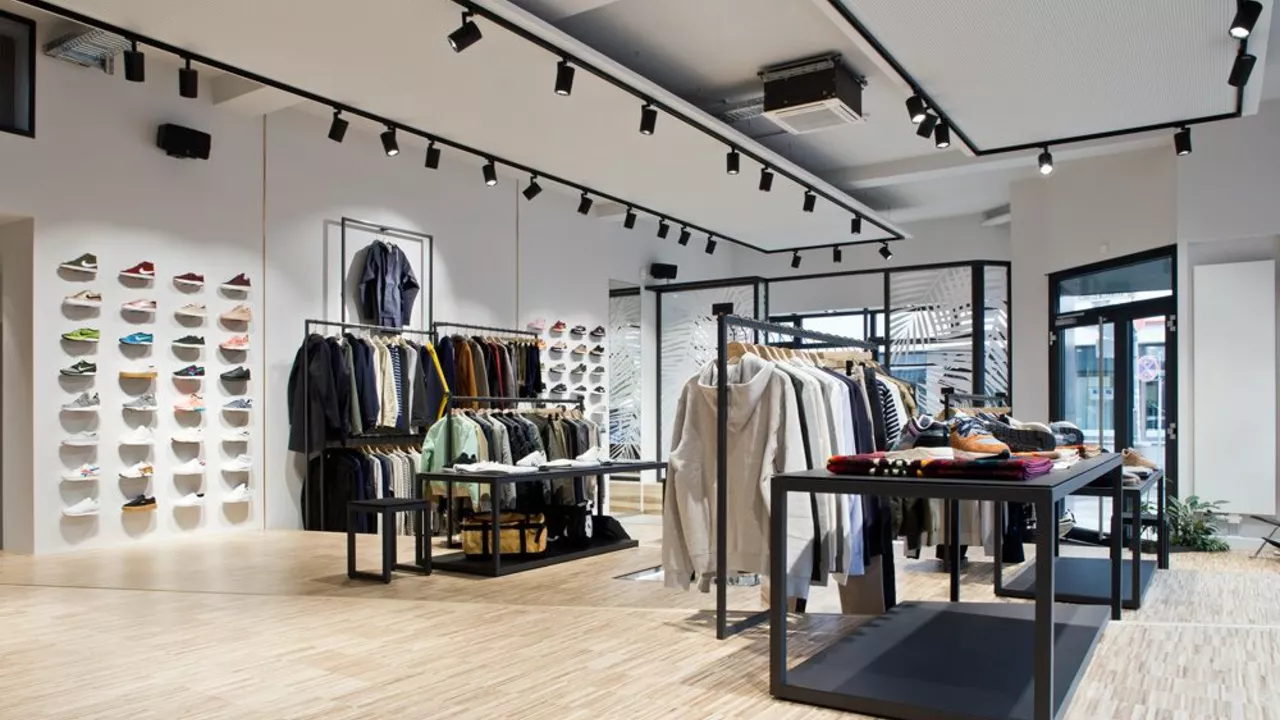
Unraveling the Web of Opinions on Fashion Giant, SHEIN
Let's face it, everyone and their dog has probably heard of SHEIN at this point. The online fast-fashion giant has been soaring in popularity over recent years, but with its exponential growth, there has also been a surge of opposition. As someone who tries to keep his fingers in the pulse of fashion trends and talks, it's impossible to ignore the growing chorus of voices singing against the melody of fast fashion. But the question is, why? Why is this behemoth in the fashion world stirring such controversy?
The Ethical Dilemma: Fast Fashion’s Reality
The criticisms of SHEIN primarily spring from its identity as a fast fashion retailer. Fast fashion, if you're not familiar, is a business model that focuses on rapid production cycles to keep up with the latest trends at super affordable prices. It's like going to a buffet - everything looks so delicious that you want to try it all, but the reality is it’s mass-produced, often compromising quality and ethics.
This approach has stirred many animated discussions at our dining table. My wife, Amelia, who has a great eye for fashion, has increasingly shifted away from fast fashion. She insists that these immediate, but short-lived gratifications promote a culture of disposability and overconsumption. Deep down, I know she's right (even though it hurts my pocket!).
Environmental Impact: Secondary Damage of Fast Consumption
Another major criticism of SHEIN, directly associated with its fast fashion identity, is its environmental impact. You see, fast fashion's speedy production cycles result in monumental waste production and significant contributions to carbon emissions. It's akin to partying all night and then you wake up to the mess you've made, except this mess affects the whole neighborhood, or should I say planet, and we're all getting the hangover.
Once, Amelia took me on a "virtual tour" of our clothes' journey, from raw materials to our wardrobe. It was an eye-opener, as she pointed out the massive inputs needed for production and transportation and the grim reality of textile waste. The laughter faded as the truth dawned – ‘buy, throw, repeat’ was not sustainable, neither for our closets nor our planet.
The Question of Labour Standards: Workforce behind Glamour
As the price tags on SHEIN clothes get smaller, I often can't help wondering, "Who is paying the hidden cost here?" That's another major issue many people have with SHEIN - allegations of poor labour standards and exploitative practices. The production of cheap, fast fashion requires cutting many corners, and unfortunately, these often come at the expense of the workers who toil to produce these trendy outfits.
Amelia shared a documentary with me that unveiled the conditions of workers in many fast fashion production chains. I wish I was moved enough to say it was a life-changing revelation, but ironically, it felt more like a haunting reality check. Seeing the hardship and exploitation behind my bargain grabs was an uncomfortable awakening.
The Quality Concern: When Cost-efficiency Trims Durability
While the accessibility and trendiness of SHEIN may be initially attractive, many people (myself included) have found ourselves disillusioned by the actual quality of what we receive. In my experience, the saying "You get what you pay for" often rings true with SHEIN, as their super affordable prices too often align with poor product quality.
The time I ordered a shirt that started fraying after its first wash or the sweater Amelia bought that barely survived three wears are experiences that left us questioning, "Is it really a bargain if it doesn't last?" It seems many others have shared our predicament, as quality concerns are a common thread among detractors of the SHEIN brand.
Final Thoughts: Striking a Balance?
So, why are many people opposed to the fashion store SHEIN? I guess it's a blend of ethical, environmental, labor, and quality concerns. While we all love a good bargain, perhaps it's time we looked beyond the price tag. But it's not all doom and gloom. By having these conversations, we are taking the first steps towards change. The fast fashion conundrum isn't simple, and neither are its solutions. But if we, as consumers, start addressing these issues and adjusting our behaviours and expectations, maybe, just maybe, the industry will be compelled to follow.
[...] The beauty of fashion is its evolution, and hopefully, we can lead this evolution towards a more sustainable and ethical direction.


